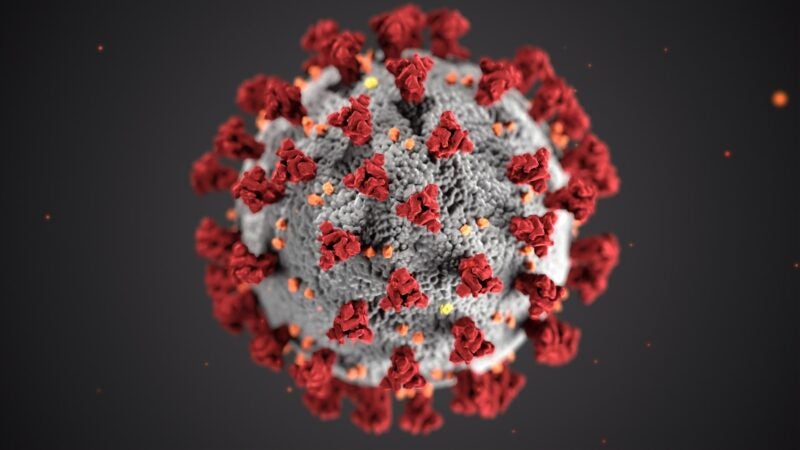
The US Food and Drug Administration (FDA) has declined to grant Emergency Use Authorization (EUA) for antidepressant, fluvoxamine maleate, to treat Covid-19.
A generic drug, fluvoxamine maleate belongs to a class of selective serotonin reuptake inhibitors (SSRIs), Reuters reported.

Discover B2B Marketing That Performs
Combine business intelligence and editorial excellence to reach engaged professionals across 36 leading media platforms.
In December last year, University of Minnesota professor Dr David R Boulware submitted an application seeking EUA for the antidepressant to treat adults aged 24 years and above suffering with Covid-19 in the outpatient setting to prevent the disease progression.
The submission was based on findings from three clinical trials, including a Phase III TOGETHER trial with 1,497 non-hospitalised Covid-19 patients enrolled in Brazil.
The randomised, double-blind, placebo-controlled platform TOGETHER trial enrolled high-risk, symptomatic adults.
According to the results, the trial met the primary endpoint of a decline in the emergency department visits lasting more than six hours.

US Tariffs are shifting - will you react or anticipate?
Don’t let policy changes catch you off guard. Stay proactive with real-time data and expert analysis.
By GlobalDataA nearly 30% decline in hospitalisations in the fluvoxamine group was also observed.
However, the regulatory agency noted that there are uncertainties on the analysis of this endpoint and whether the six-hour timepoint indicates a clinically meaningful threshold.
Declining to authorise fluvoxamine for Covid-19, the FDA stated that the data is inadequate to conclude that the drug was effective in preventing progression to severe disease and/or hospital admission in non-hospitalised Covid-19 patients.
The news agency quoted Boulware as saying: “The standard that they were holding for fluvoxamine was a different standard than the other big pharma trials, with Paxlovid and (Merck’s) molnupiravir and the monoclonals.”
He added that the regulatory agency utilised a different method to calculate hospitalisations in other therapy trials, including only acute care that lasted a minimum of 24 hours.




